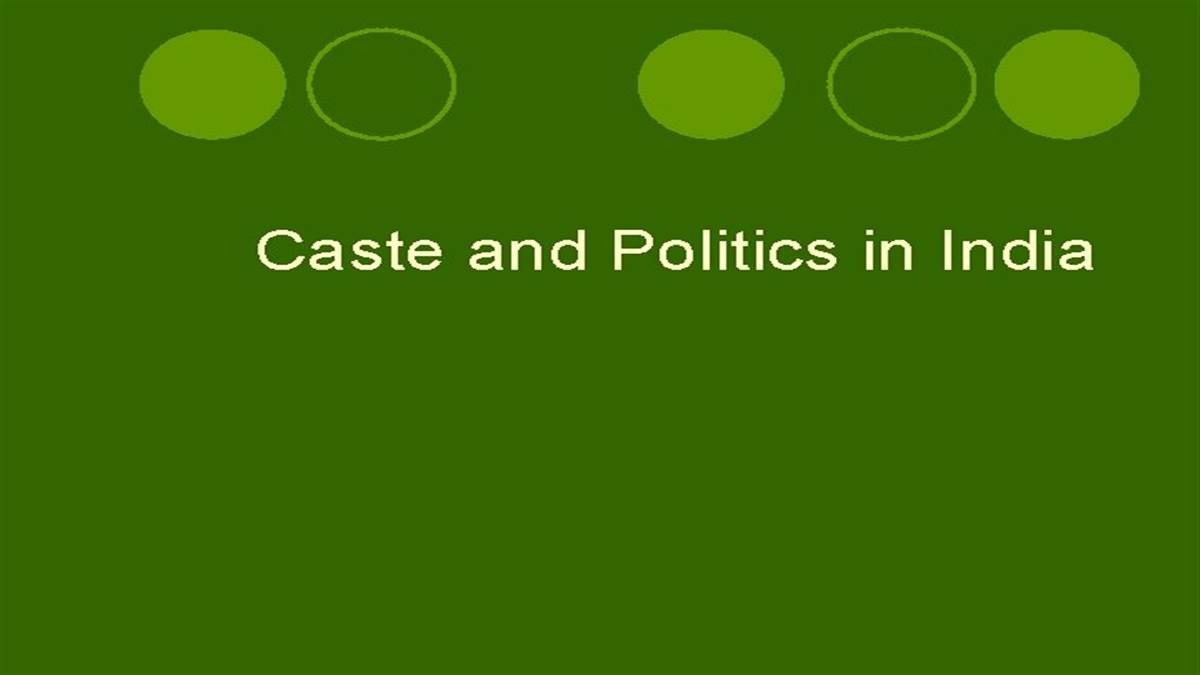The debate on caste has been going on in our country for a long time. Just as Dr. Ambedkar considered the caste system to be against progress, similarly the socialist leader Dr. Ram Manohar Lohia considered caste to be an obstacle, in which a person's place in society is decided on the basis of the caste in which he is born, rather than his hard work and ability.
In this system, all aspects like ability, quality and capacity are suppressed. Since in this system only a few classes are given the right to learn certain skills, the potential of the majority of the people in the society is neither allowed to come to the fore nor is it used properly. In such a society, the paths of progress and development also get closed.
Our constitution makers found ways to overcome these obstacles. Reservation for Dalits and Adivasis was provided in the constitution for 10 years but due to some reasons, it has been extended.
We also have to note that socio-economic inequality still exists in the society. Some people also argue from time to time that casteism is increasing in Indian politics. It seems that those who say this cannot understand that the provision of political reservation for Scheduled Castes and Scheduled Tribes in Parliament and State Assemblies is the reason why so many MPs and MLAs are elected from these classes.
If there was no political reservation for these groups, the number of their members in Parliament and Legislative Assemblies would not have been so high. The caste-based political picture in the country was first changed by Bharat Ratna Karpoori Thakur, who awakened political consciousness among the deprived sections. However, he had to suffer the consequences of this by losing his power in Bihar. While Karpoori Thakur awakened this consciousness in Bihar, the credit for changing the caste-based political picture at the national level goes to VP Singh, who implemented reservation for backward classes.
However, VP Singh also had the same political fate as Karpoori Thakur. According to political scientist Rajni Kothari, the politicization of caste in India has played an important role in the development of party politics. He proved that the politicization of caste is a dual process. Caste needs politics as much as politics needs caste.
When caste-based groups make politics their field of action, those groups get an opportunity to establish their identity and change the status quo. For the deprived communities, who have been victims of socio-economic oppression for centuries, caste was the only weapon to enter politics. They had no other social capital. Therefore, BSP founder Kanshiram believed that unless the backward and Dalits get power, socio-economic opportunities will not be available to them.
This is why they replaced caste in politics and challenged the established influence in politics along with forming the government. Caste today is more of a social truth than a political truth. It is a truth that many political parties support. However, it is expressed in different ways and presented as a way of social justice. Even today, if the question of caste was not important in the social and political system of India, then all the political parties would not be debating caste prejudice in the Parliament. It should be remembered that even today caste-based prejudice continues and this prejudice can end only when the representation of the deprived classes increases in every possible way and they are able to make policies for themselves.
 look news india
look news india
